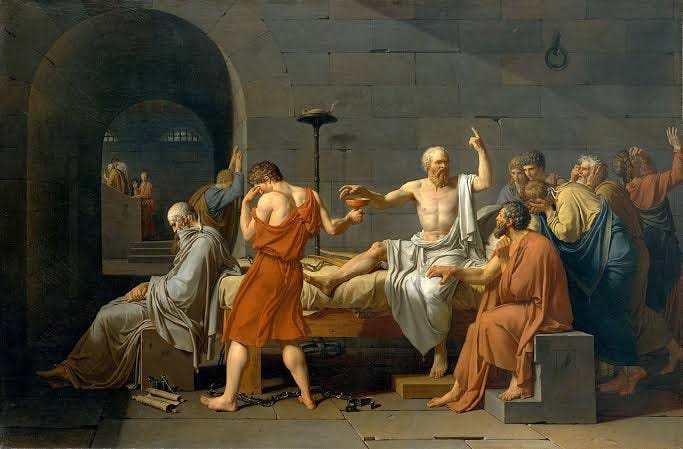Don’t You Forget About Me
Improve Your Memory
It is said that in Egypt there lived one of the old gods of that country, the one whose sacred bird is called the ibis; and the name of the divinity was Thoth. It was he who first invented numbers and arithmetic, geometry and astronomy, dicing too, and, most particularly and especially, writing.
The king of all Egypt at that time was Thamus who lived in Thebes; Thoth came to him and exhibited his arts and declared that they ought to be imparted to the other Egyptians. And Thamus questions him about the usefulness of each one; and as Thoth enumerated, the King blamed or praised what he thought were the good or bad points in the explanation.
When it came to writing, Thoth said, ‘This discipline, King, will make the Egyptians wiser and will improve their memories: my invention is a recipe for both memory and wisdom.” But the King said, “Thoth, my master of arts, to one man it is given to create the elements of an art, to another to judge the extent of harm and usefulness it will have for those who are going to employ it. And now, since you are father of written letters, your paternal goodwill has led you to pronounce the very opposite of what is their real power. The fact is that this invention will produce forgetfulness in the souls of those who have learned it. They will not need to exercise their memories, being able to rely on what is written, calling things to mind no longer from within themselves by their own unaided powers, but under the stimulus of external marks that are alien to them. So it’s not a recipe for memory, but for reminding, that you have discovered. And as for wisdom, you’re equipping your pupils with only a semblance of it, not with truth. Thanks to you and your invention, your pupils will be widely read without benefit of a teacher’s instruction; in consequence, they’ll entertain the delusion that they have wide knowledge, while they are, in fact, for the most part incapable of real judgment. They will also be difficult to get on with since they will have become wise merely in their own conceit, not genuinely so.”
Prior to the printing press and cheap books, much less the almost instantaneous access to practically unlimited information via the internet, having a good memory was absolutely essential to learning in any field. In classical Greece and Rome only those who had developed their memory skills could hope to persuade others via public speaking - the predominate method at that time of sharing new ideas. And Aristotle even argued that a trained memory was necessary in order to be able to reason effectively.
If you want to speak more effectively, learn new information more quickly, study and ace examinations in half the time (or less), and, most importantly, remember where you left your car keys, you will want to develop your memory superpower.





